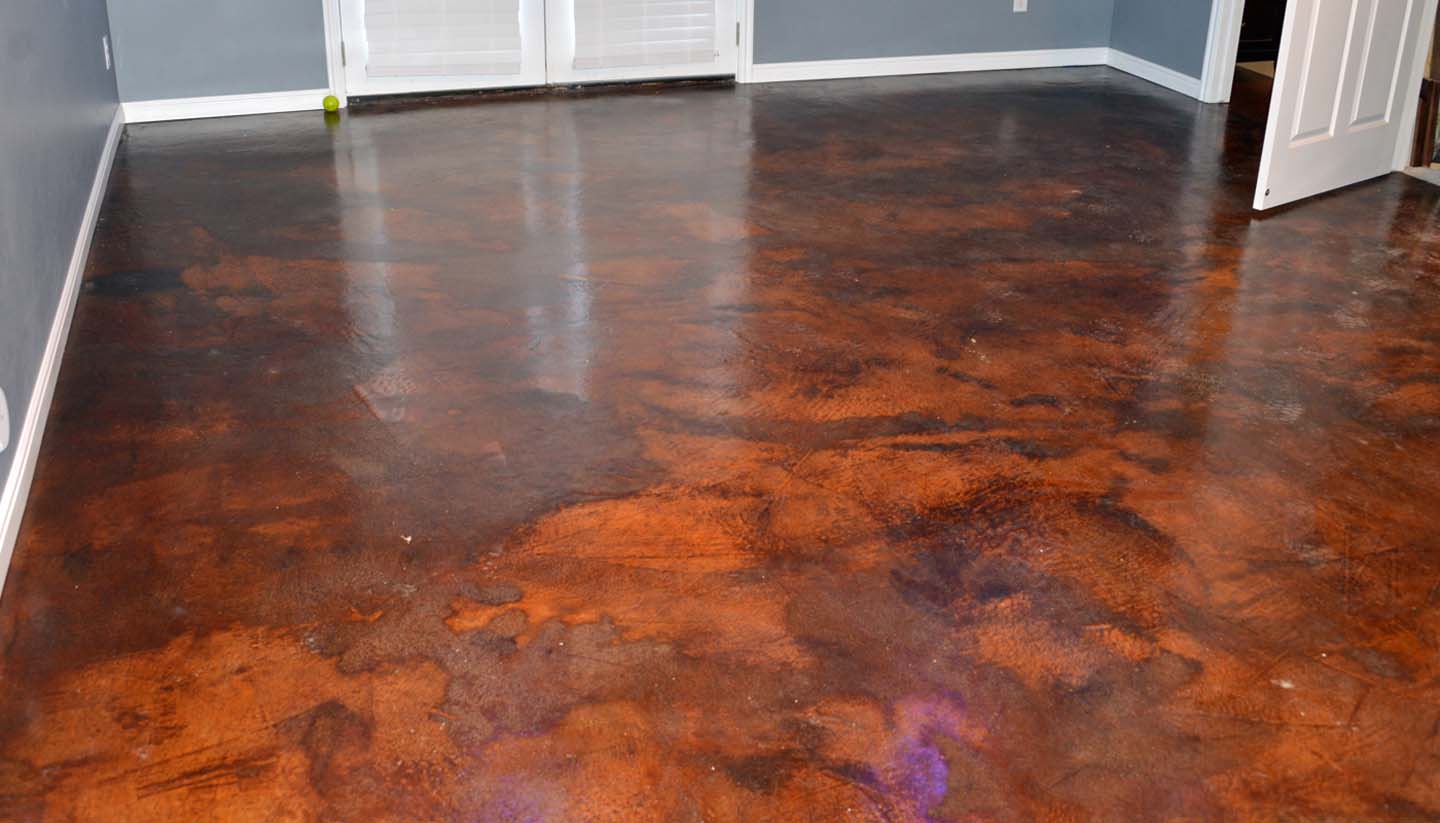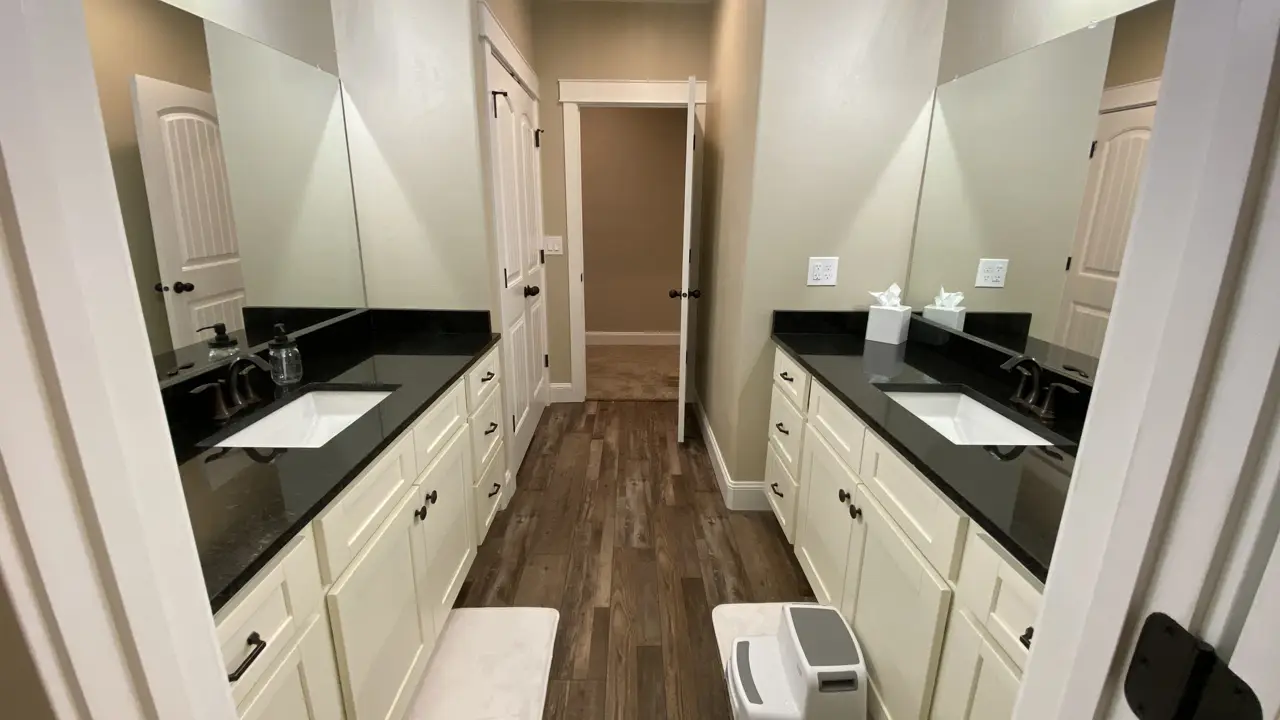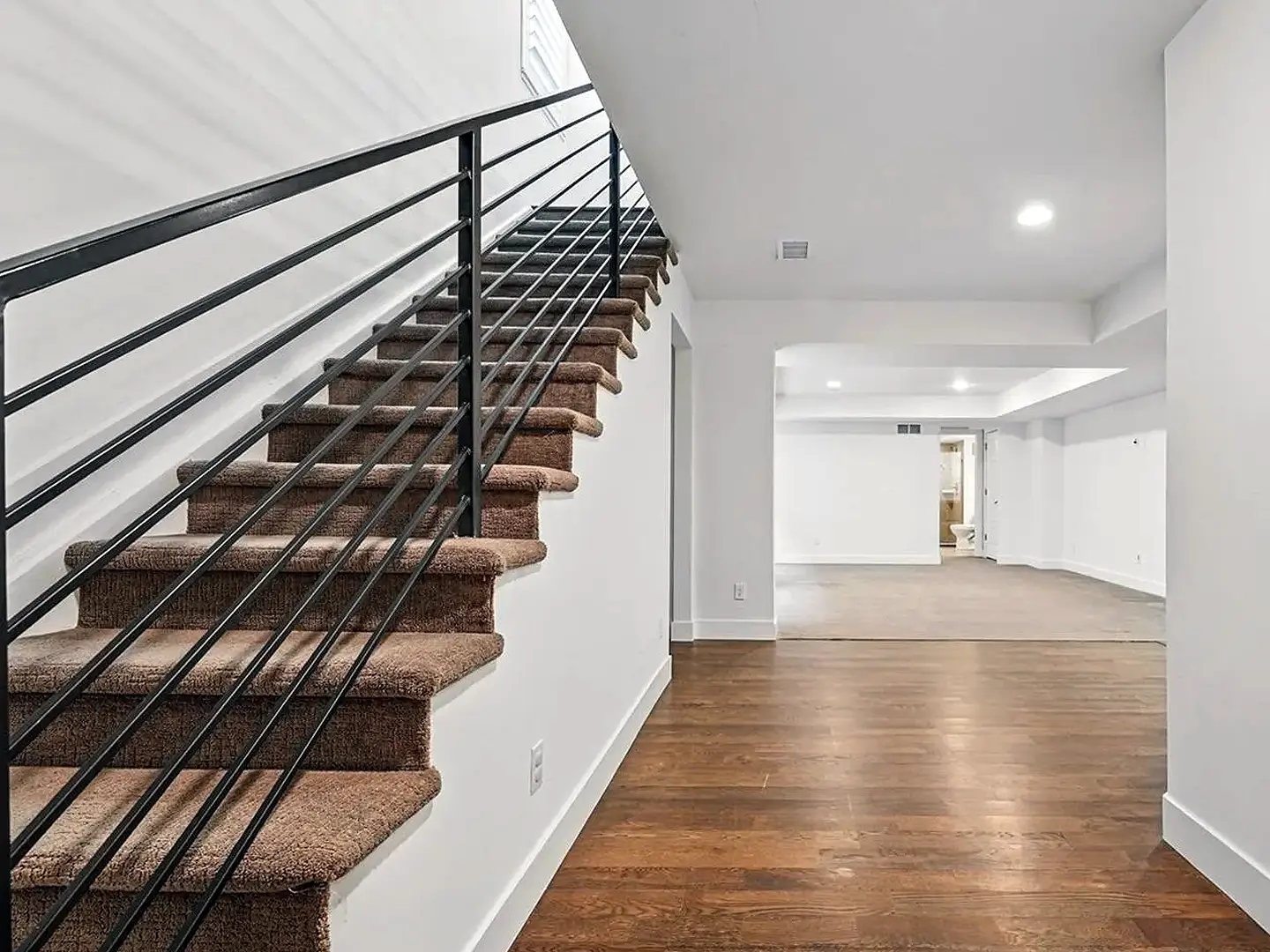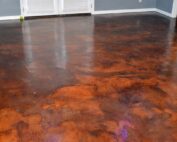
Why Homeowners Are Turning to Basement Rentals
With mortgage rates and housing costs continuing to rise, Utah homeowners are seeking creative ways to make their homes work harder for them. A basement apartment—also called an accessory dwelling unit (ADU)—offers:
- ADUs offer a significant financial advantage. Depending on location and layout, you could earn $800 to $1,500 per month or more, providing a substantial boost to your income.
- ADUs provide housing flexibility, allowing you to adapt to changing needs. Whether it’s for long-term tenants, vacation rentals, or family members who require their own private space, your ADU can serve a variety of purposes.
- By adding an ADU, you’re not just creating a living space; you’re also adding value to your home. Homes with finished, rentable basements often appraise higher and sell faster, making it a wise investment for the future.
Zoning Considerations
Recently, the state legislature passed legislation making it easier for you to have an ADU. Many of the strict requirements of the past are no longer applicable. The primary requirements all Utah Cities have now include the following:
- You need to get a building permit and all required engineering for the basement and a walk-out doorway (if needed).
- The city requires off-street parking, at least one stall, for tenants.
- Standard safety features like smoke alarms, fire extinguishers, and proper lighting are also needed.
- Some cities require 5/8″ drywall on the ceiling of the basement because it acts as a 30-minute fire barrier.
Rest assured, we are here to help you navigate these requirements and any other local rules that may apply to your city. Our expertise and support are available to you.
Design Tips Your ADU
The key to any rental property is getting a great return on your investment. Do not overbuild. A modest, functional kitchen will work; you don’t need a grand or elaborate kitchen.
Below are a few ideas to consider as you plan your basement ADU:
- A private entrance: generally considered a requirement. Technically, you could avoid this requirement if you are OK with your tenants walking through your house to the basement.
- A Kitchen: As mentioned above, try to resist overdoing the kitchen. They are expensive and difficult to repair. Aim for a simple, functional kitchen that meets your needs without overspending.
- Laundry: Laundry connections are not expensive, costing only $ 1,050 for all plumbing, electrical, and venting. They are not required, but units with laundry connections tend to attract higher-paying tenants, increasing your potential for a higher return on your investment.
- Soundproofing, especially in the ceiling. While not a requirement, this feature will significantly improve your day-to-day living conditions, ensuring a peaceful and comfortable environment.
How much will the aDU cost?
Typical costs without an exterior entrance are $40 to $65 per square foot, depending on the chosen finishes such as wood, metal, or glass. The price of an entrance is dramatically higher. The cost for entrances is now $15,000 or more, depending on depth, location, and other factors.
Key items that increase the cost include the basement entrance, kitchens, laundry, sound dampening, and an additional water heater to ensure there is sufficient hot water for the house.
While the upfront investment can be substantial, it’s important to remember that most homeowners can generate enough rental income to offset the investment within a few years. This flexibility in managing the investment can help stretch a tight budget and even lead to significant financial gains.
Common Pitfalls to Avoid
Turning your basement into a rental is a big project, and there are a few mistakes that can cost you time, money, and stress:
- Skipping permits: Building without proper permits can result in fines or complications when selling your home.
- Poor soundproofing: Noise complaints can drive away good tenants.
- Ignoring layout flow: A cramped or awkward design can hurt your ability to rent the unit.
- Overbuilding: Don’t spend more than your neighborhood rental market will support.
By working with a professional contractor who understands local code and has experience building legal basement apartments, you can avoid these missteps and feel reassured that your project is in good hands.
How to Get Started
If you’re considering finishing your basement as an ADU, here are the steps to get started
- Begin with a complimentary consultation and bid: This is your chance to gain a thorough understanding of local building requirements, design options, and budget considerations. It’s a crucial step that will empower you to make informed decisions about your ADU project.
- Poor soundproofing: Noise complaints can drive away good tenants.
- Prioritize an exterior entrance: It’s a key feature that can help you obtain multiple bids and guide you to the best overall option.
- Overbuilding: It’s essential to be strategic with your investments. Don’t spend on items that won’t help you generate more rental income. Try to focus on being good enough so you don’t overdo it, maximizing your return on investment.
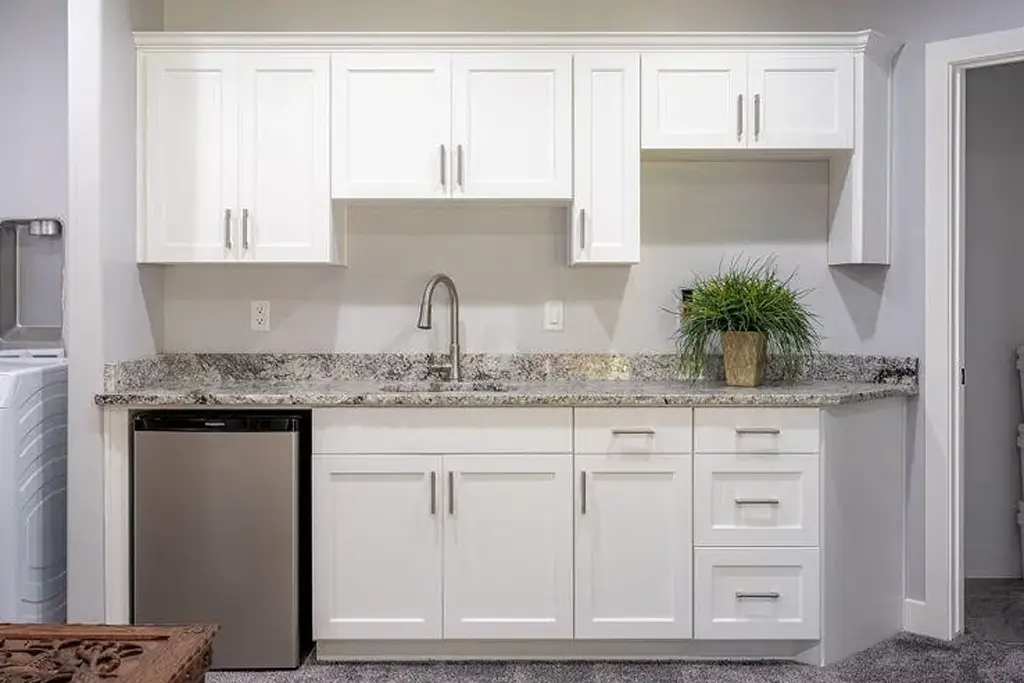
Why choose us
Utah Basement Finisher offers a hassle-free and affordable way to finish your basement.

